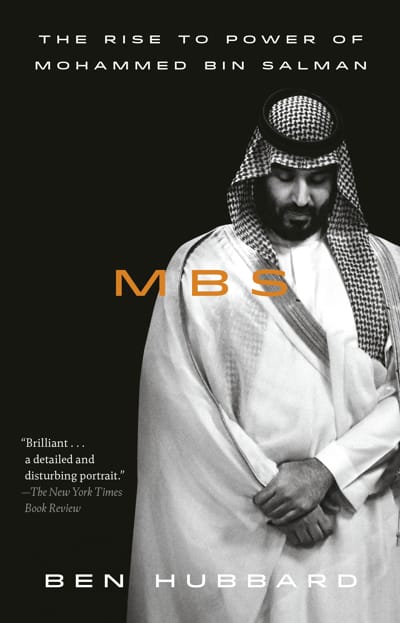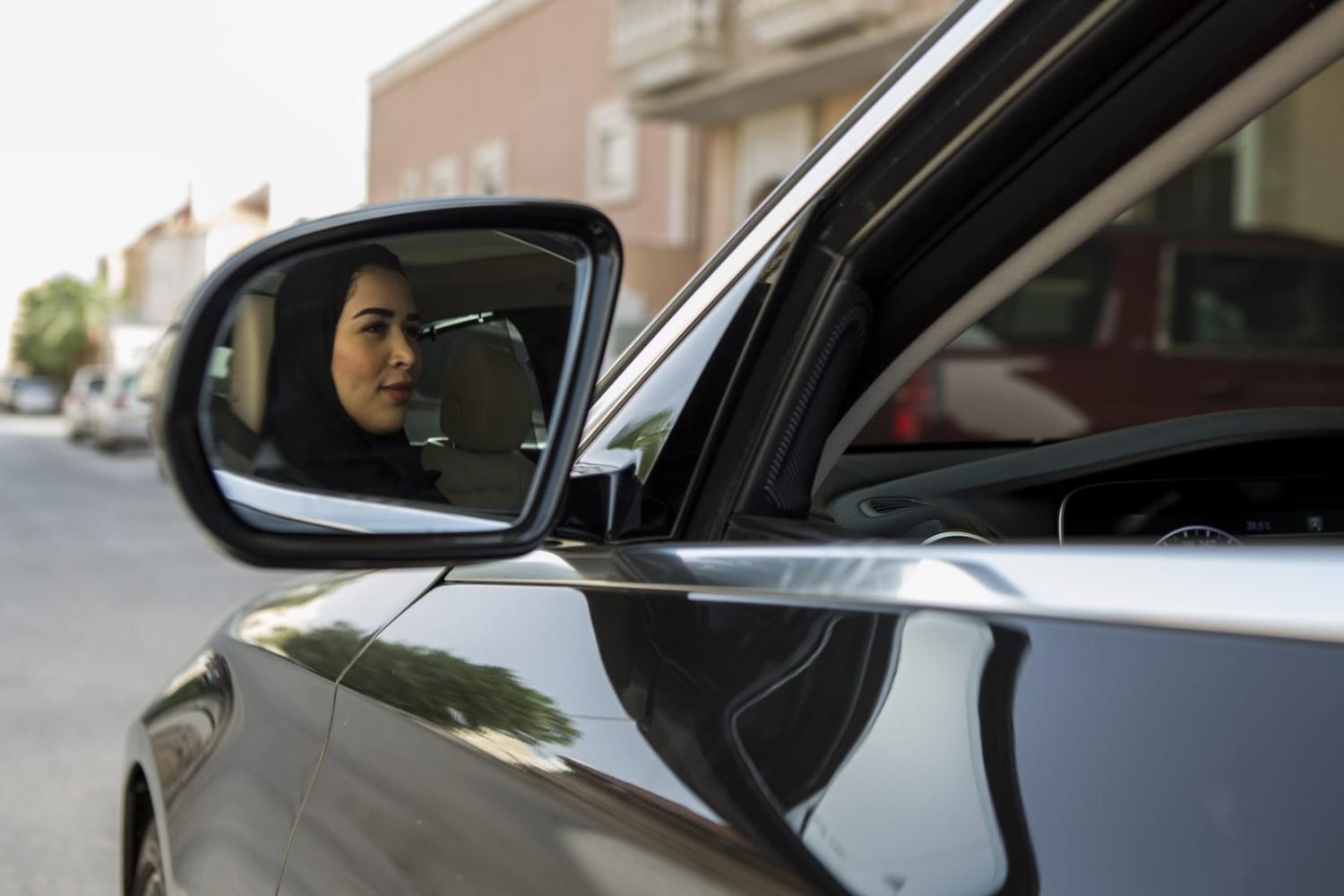We’re asking contributors to put together their own collected observations like this one – and as always, if you’ve got an idea to pitch for The Interpreter, drop a line via the contact details on the About page.
Once known for its seemingly infinite supply of oil, the Kingdom of Saudi Arabia is increasingly expanding its role in international affairs beyond energy. From trying to broker peace in Ukraine and restoring diplomatic ties with Iran to deepening cooperation with China, Saudi foreign policy is consistently making headlines and warrants closer analysis.
To learn more about these changing dynamics, I delved into Ben Hubbard’s book MBS, the initials by which Saudi’s Crown Prince Mohammed bin Salman is generally known. As the former Beirut bureau chief for The New York Times, Hubbard offers an in-depth portrayal of Saudi Arabia based on extensive interviews conducted over six years. His main focus is Salman, the man behind the recent reforms.

The book chronicles the rise of MBS from one of thousands of princes to becoming the crown prince in 2017. His reforms, however, began in 2015 as soon as his father became king. Overseeing the main areas of national concern – defence, economy, religion, and oil – MBS implemented a series of reforms that saw religious clerics lose influence, allowing women to drive, and the announcement of a $500 billion futuristic city project, NEOM, among other bold initiatives.
Despite these big ideas, Hubbard’s book reminds the reader of the many potential pitfalls the Saudi government could face in coming years – the possible uprising of domestic conservative forces, a youth backlash due to a worsening economy, issues with neighbouring countries because of controversial Saudi foreign policy in the region, and worsening relations with the West due to, among others issues, human rights. (The fate of journalist Jamal Khashoggi but one of many.)
The question then is, will Saudi Arabia be able to further expand reforms and sustainably transform both its economy and foreign relations for the better? And will MBS be able to maintain his grip on power?

